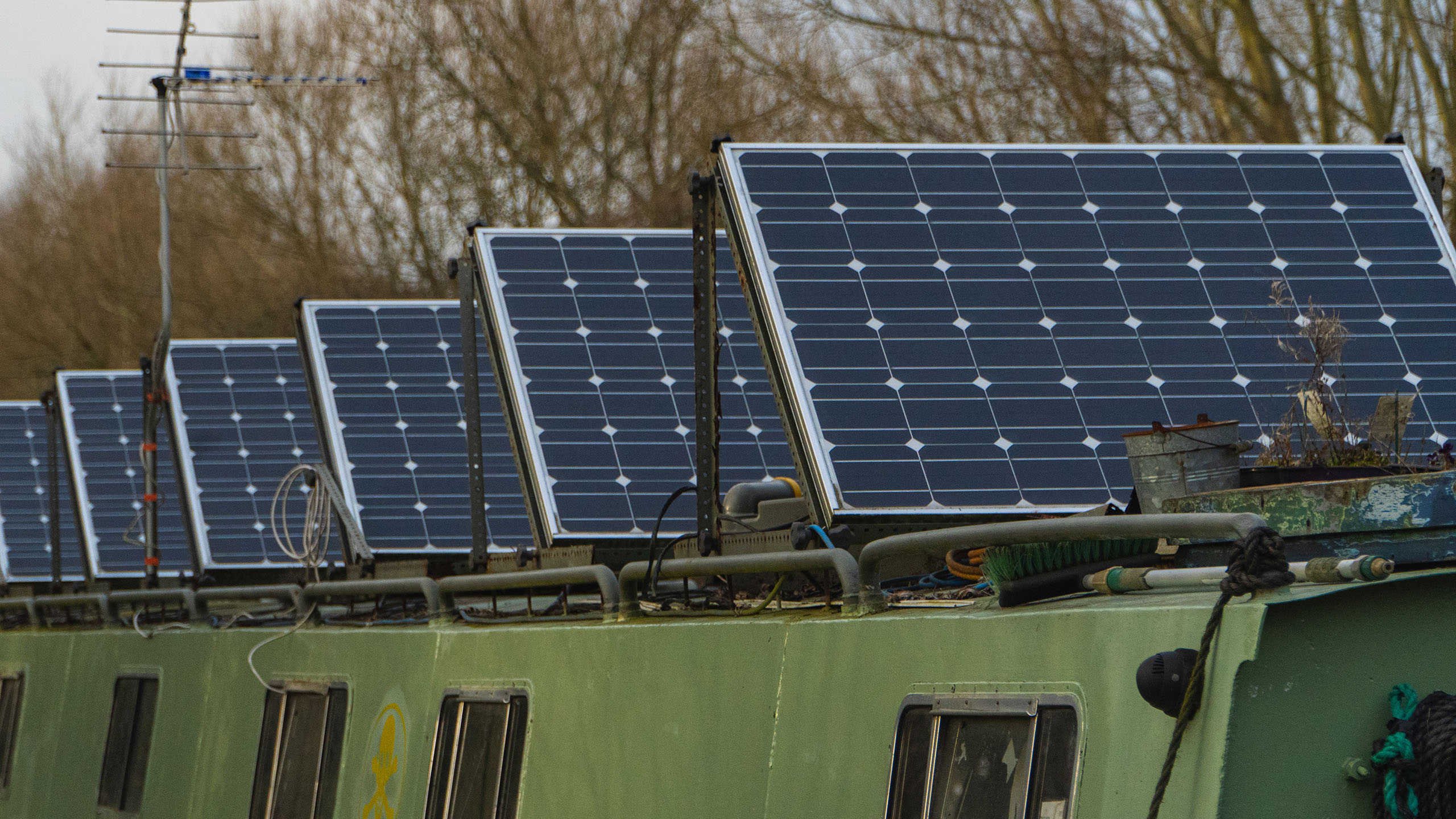As more people consider switching to solar power for their energy needs, it's natural to have some lingering questions. One common concern is whether solar energy truly qualifies as renewable. Many individuals are growing more conscious of their environmental impact and are eager to transition away from fossil fuels toward cleaner energy solutions. Solar energy has emerged as a practical way to achieve this goal. Let me break down everything you need to know about the renewable nature of solar energy.  Solar energy is derived by converting sunlight into either thermal or electrical power. It's the most abundant and environmentally friendly energy source available, with applications ranging from powering homes and businesses to heating water and lighting spaces. Did you know that the UK already gets 6% of its energy from solar panels? With increasing government support for green initiatives and rising utility costs, many homeowners are embracing solar power to cut expenses while helping the planet. You've likely noticed solar photovoltaic (PV) panels popping up on rooftops across neighborhoods—these installations allow users to generate their own electricity, reduce reliance on grid power, and potentially boost their property value. So, what about the big question: Is solar energy renewable?  To fully grasp why solar energy is considered renewable, it's essential to define what renewable energy means. Renewable energy originates from sources that naturally replenish within a human timescale. Traditional energy sources like coal take thousands of years to form, making them unsustainable under current demands. In contrast, renewable energy sources are virtually limitless, eco-friendly, and often cheaper than conventional methods. Besides solar, other examples include wind, hydropower, biomass, and geothermal energy. Now, let’s explore how solar fits into this picture.  Absolutely! Solar energy is renewable. The sun is an infinite, free resource that will keep shining for billions more years—NASA estimates around 4 billion years remain before the sun burns out. Humans have been harnessing sunlight since ancient times, with the first solar cells appearing in the 1800s. In just one hour, the sun generates enough energy to meet global demand for an entire year! While technology continues to improve efficiency, the potential is vast. Plus, solar energy isn't just renewable; it's also green. While renewable energy refers to self-sustaining sources, green energy emphasizes minimal environmental impact. All green energy is renewable, but not all renewables are entirely green. Solar energy excels on both fronts—it’s endlessly renewable and leaves no carbon footprint during operation. For instance, producing solar energy doesn't release harmful CO₂ or greenhouse gases. A typical solar system emits only about 40 grams of carbon dioxide equivalent per kilowatt-hour over its lifetime, compared to over 1,000 grams from coal plants. By adopting solar power, you're actively combating climate change and shrinking your carbon footprint. And here's another perk: once installed, solar systems require minimal maintenance and offer low ongoing costs since they don’t need fuel. Imagine slashing your energy bill while enjoying reliable, eco-friendly power—it’s a win-win scenario.  Unlike fossil fuels, solar energy doesn't contribute to air pollution or global warming. Its lifecycle emissions are negligible, making it a cornerstone of clean energy efforts worldwide. Switching to solar reduces the overall concentration of CO₂ in the atmosphere, helping mitigate climate change. If you decide to SWITCH to solar power, you'll be taking a significant step toward sustainability. Your household will produce less waste, consume fewer resources, and help preserve the planet for future generations. Additionally, solar energy offers economic advantages. Since sunlight is free, you'll enjoy lower utility costs without worrying about fluctuating fuel prices. Plus, advancements in battery storage mean excess energy can be stored for later use, maximizing savings and independence. Considering these benefits, transitioning to solar energy seems like a no-brainer. If you're intrigued by the idea of making your home greener and more efficient, reach out to us here at Project Solar. We’d love to guide you through the process and help you make the switch to a brighter, cleaner future.  Don’t hesitate to take action today—your wallet and the planet will thank you! Perkins Oil Pump,T4132F056 oil pump,new oil pump Perkins,engine oil pump for Perkins,factory oil pump ACRO (TIANJIN) INTERNATIONAL TRADE CO., LTD , https://www.acrospareparts.com
Understanding Solar Energy
The Definition of Renewable Energy
Why Solar Energy is Renewable
Solar Power and Environmental Benefits